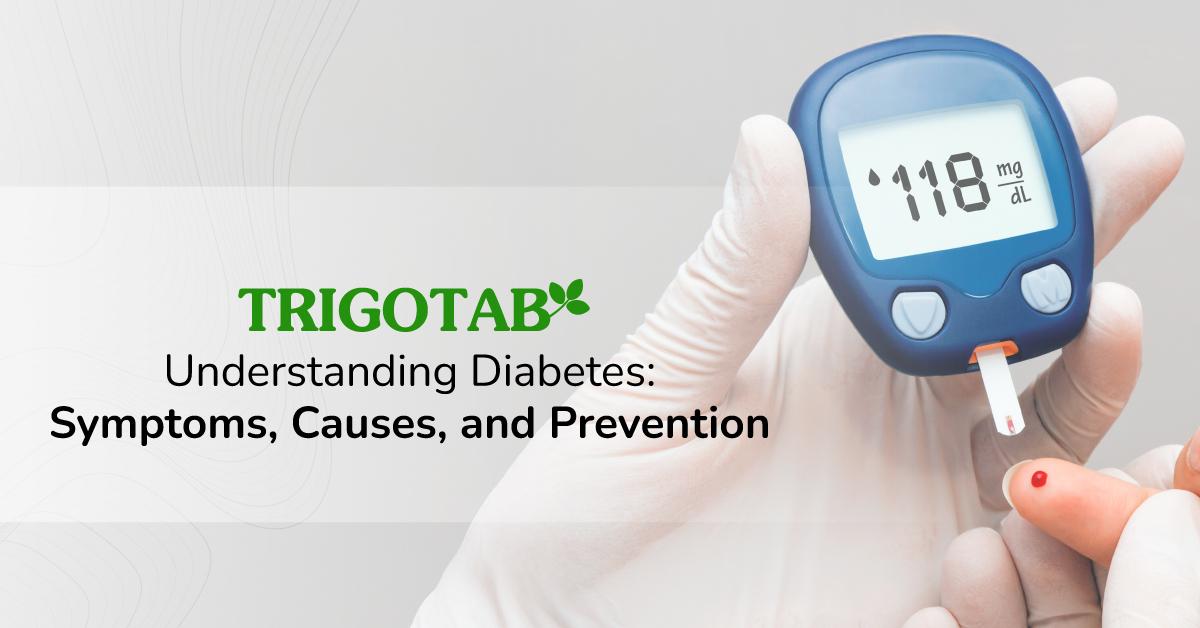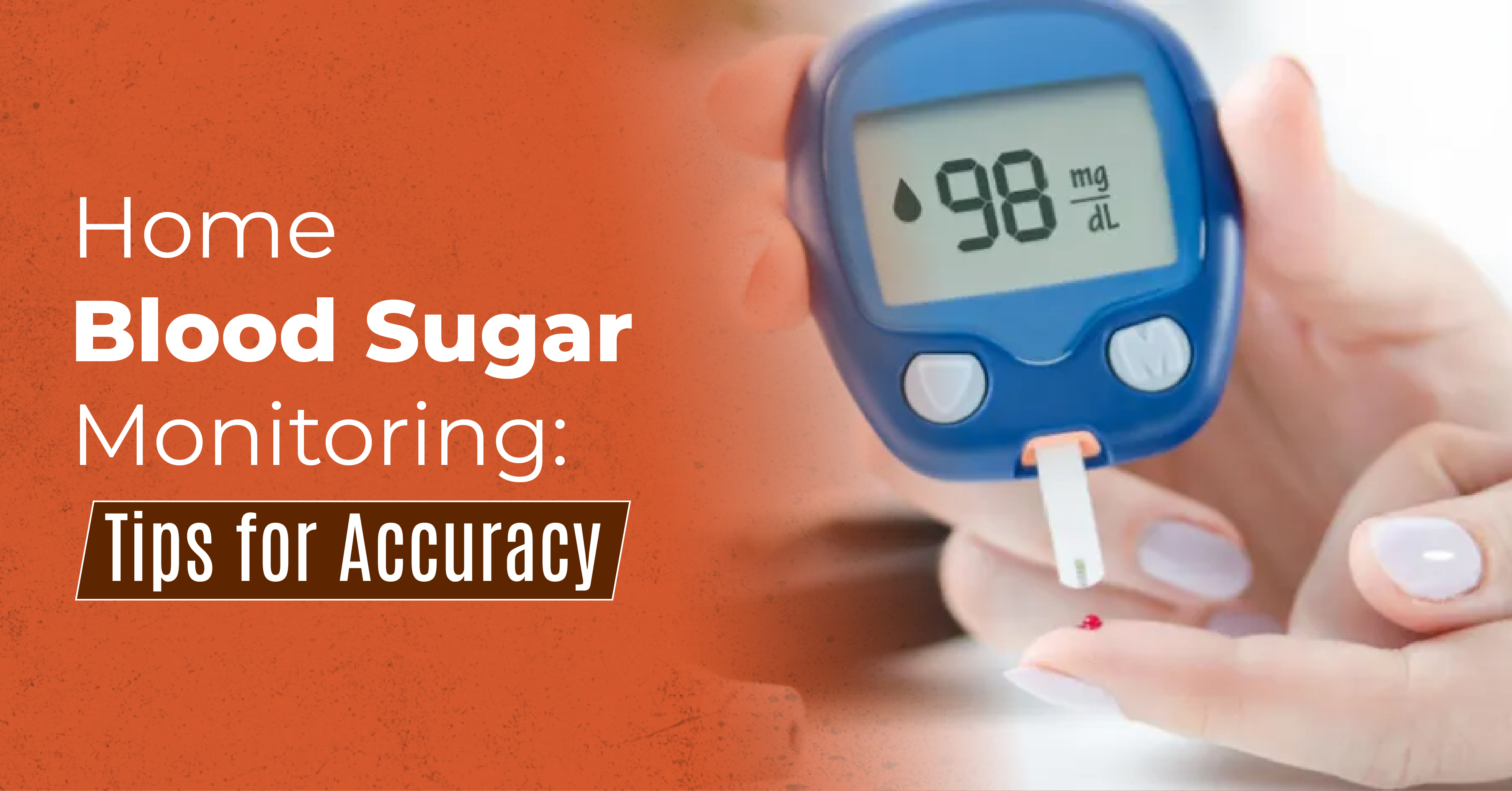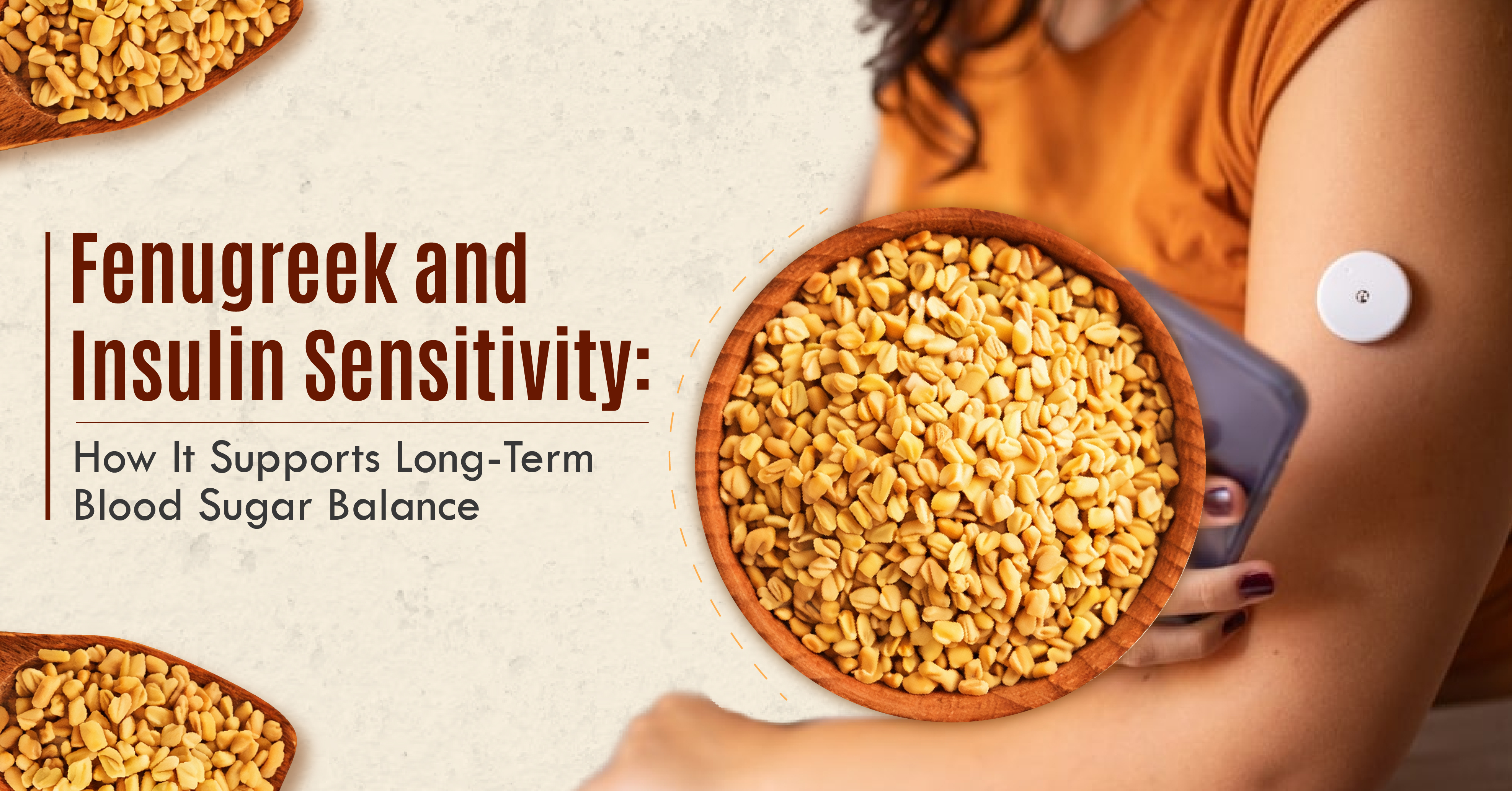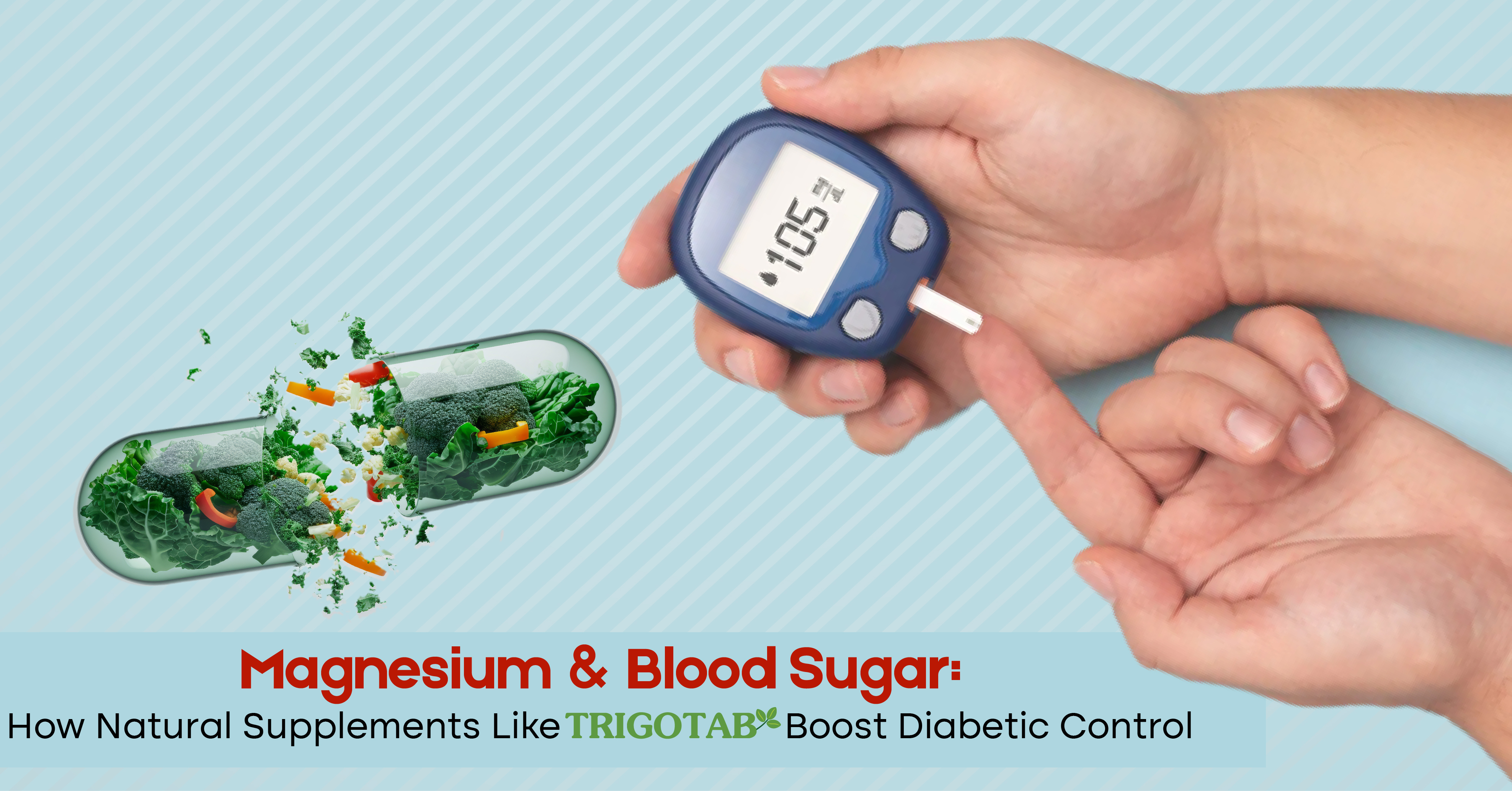Understanding Diabetes: Symptoms, Causes, and Prevention
08 May, 2025

Introduction
Diabetes is a chronic condition that affects how your body processes glucose - its main energy source. If not managed properly, it can significantly impact your health and quality of life. By recognizing the symptoms, understanding the causes, and learning prevention strategies, you can take control of your health. In this blog, we'll dive into the signs of diabetes, its causes, and effective ways to prevent it.
What is Diabetes?
Diabetes is a group of metabolic disorders characterized by elevated blood glucose levels due to insufficient insulin production or ineffective insulin use. Insulin, a hormone produced by the pancreas, helps cells absorb glucose from the bloodstream. When this process is disrupted, glucose builds up in the blood, leading to various health complications.
Here are the three main types of diabetes:
Type 1 Diabetes
Sports injuries can vary widely, but they commonly include:
- Definition:An autoimmune condition where the immune system attacks insulin-producing cells in the pancreas.
- Onset:Typically appears in children and young adults but can develop at any age.
- Management:Requires lifelong insulin therapy and regular blood sugar monitoring.
Type 2 Diabetes
- Definition: A condition where the body becomes resistant to insulin or doesn't produce enough of it.
- Onset: Common in adults but increasingly seen in children and teens due to lifestyle factors like obesity.
- Management: Managed through lifestyle changes, oral medications, and sometimes insulin.
Gestational Diabetes
- Definition: Diabetes that occurs during pregnancy and usually resolves after childbirth.
- Risk: Increases the risk of developing Type 2 diabetes later in life.
- Management: Controlled through diet, exercise, and regular glucose monitoring during pregnancy.
Recognizing the Symptoms of Diabetes
Early detection of diabetes symptoms can lead to timely diagnosis and effective management. Here are the common symptoms to watch out for:
1. Increased Thirst and Frequent Urination
- Why it Happens: High blood sugar levels force your kidneys to work harder to filter excess glucose, leading to more urination and dehydration.
2. Extreme Fatigue
- Why it Happens: When cells can't access glucose effectively, energy levels drop, causing fatigue.
3. Blurred Vision
- Why it Happens: High glucose levels can pull fluid from the lenses of your eyes, affecting your vision.
4. Slow-Healing Wounds
- Why it Happens: Elevated blood sugar can impair blood flow and nerve function, slowing down the healing process.
5. Unexplained Weight Loss
- Why it Happens: In Type 1 diabetes, the body breaks down muscle and fat for energy due to the lack of insulin.
6. Increased Hunger
- Why it Happens: Cells deprived of glucose trigger persistent hunger signals.
Causes and Risk Factors of Diabetes
Understanding the causes can help in preventing diabetes. Here are the key factors:
1. Genetic Factors
- Type 1: Often linked to genetic predisposition and autoimmune triggers.
- Type 2: Strongly influenced by family history.
2. Lifestyle Factors
- Obesity: Increases insulin resistance, a major risk factor for Type 2 diabetes.
- Physical Inactivity: Lack of exercise can reduce insulin sensitivity.
3. Unhealthy Diet
- Diets high in sugar, refined carbs, and unhealthy fats can increase diabetes risk.
4. Hormonal Changes
- Gestational Diabetes: Pregnancy hormones can cause insulin resistance.
5. Age and Ethnicity
- Age: Risk increases after 45.
- Ethnicity: Higher prevalence among African Americans, Hispanics, and Native Americans.
How to Prevent Diabetes: Simple and Effective Tips
Prevention starts with a healthy lifestyle. Here are actionable strategies:
1. Maintain a Healthy Weight
- Why: Reduces insulin resistance.
- How: Combine balanced meals with regular physical activity.
2. Eat a Balanced Diet
- Focus On: Whole grains, lean proteins, fruits, vegetables, and healthy fats.
- Avoid: Refined sugars and processed foods.
3. Exercise Regularly
- Goal: At least 150 minutes of moderate-intensity exercise per week.
- Benefits: Improves insulin sensitivity and helps manage weight.
4. Monitor Blood Sugar Levels
- For High-Risk Individuals: Regular checks can catch early signs of diabetes.
- Consult: Your healthcare provider for personalized advice.
5. Avoid Smoking and Limit Alcohol
- Smoking: Increases insulin resistance.
- Alcohol: Excessive intake can spike blood sugar levels.
Conclusion
Understanding the symptoms, causes, and prevention strategies for diabetes is crucial for managing your health. Recognizing early signs, adopting a healthy lifestyle, and consulting healthcare professionals can help you prevent or manage diabetes effectively.
Trigotab, with its fenugreek-based formulation, can be a beneficial addition to your diabetes management plan, supporting balanced blood sugar levels and overall health. Stay informed, make healthier choices, and take control of your diabetes management journey.




